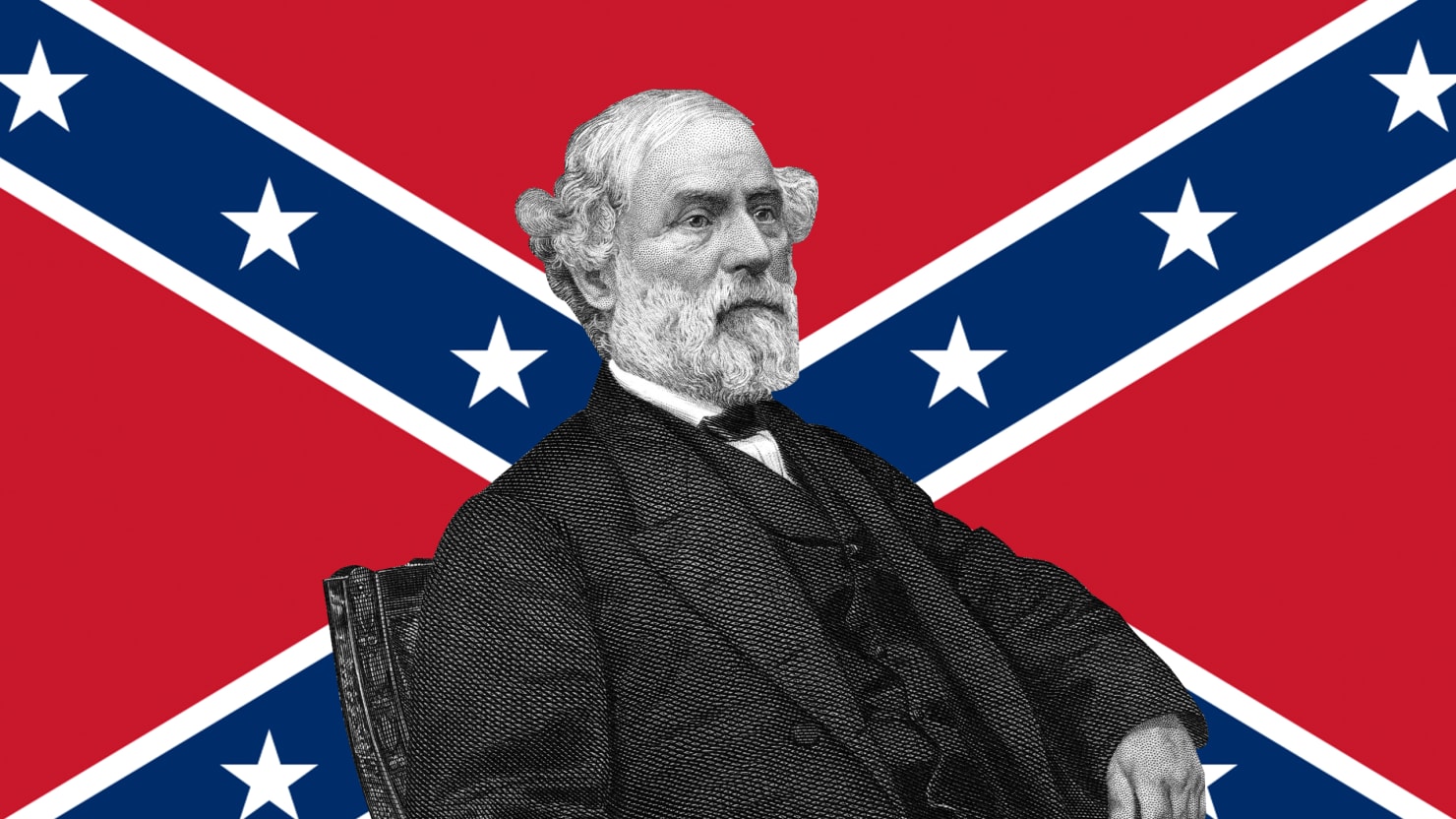Robert E. Lee was born in January 1807 and served as both an American and Confederate soldier. A top graduate of the United States Military Academy and served as an officer in the United States army for 32 years. But it was not the U.S military that many remember Lee by.
Lee served in many places throughout the United States including the Mexican American War and the Superintendent of the United States Military Academy. There are many issues that Lee stood out in the military world but it was action late in his life that he is most remembered for. As the commander of the Confederate states army Lee directed the Northern Virginia in the American Civil War between 1862 to 1865.
Lee's home state of Virginia declared secession from the Union in April 1861. Lee's true desire for the United States was to stay together but when the state left the union Lee chose to follow. He would first serve as a senior military adviser to the Confederate President Jefferson Davis. Robert E. Lee was proved a shrewd battlefield commander and won most of his battles However, in the end Lee would surrender to Ulysses S. Grant at Appomattox Court House on April 9, 1865.
Following the war, Lee was paroled and signed an oath of allegiance. Lee requested to have his citizenship of the United States restored but the request was misplaced and he did not receive it. Lee did continue to work to reconcile relations between the North and South. In addition, Robert E. Lee accepted the end of slavery provided by the thirteenth amendment. However, he continued to oppose racial equality and did not agree that African Americans should be able to vote or have other political rights.
Robert E. Lee died in 1870. In 1975 the U.S. congress restored Lee's citizenship to be in effect since June 13, 1865. Robert E. Lee opposed public memorials to confederate rebellion as he believed they would prevent the healing of wounds inflicted during the war. Perhaps he would have been against the actions of many that used Lee as an icon to help romanticize the confederacy.
retweet post here
shared on these blog hops, linkups and parties
shared on these facebook group linkups
tweeting 4 us --- #1 rt ---- 2/15



No comments:
Post a Comment
I love comments so if you have a minute leave me your thoughts on the above post